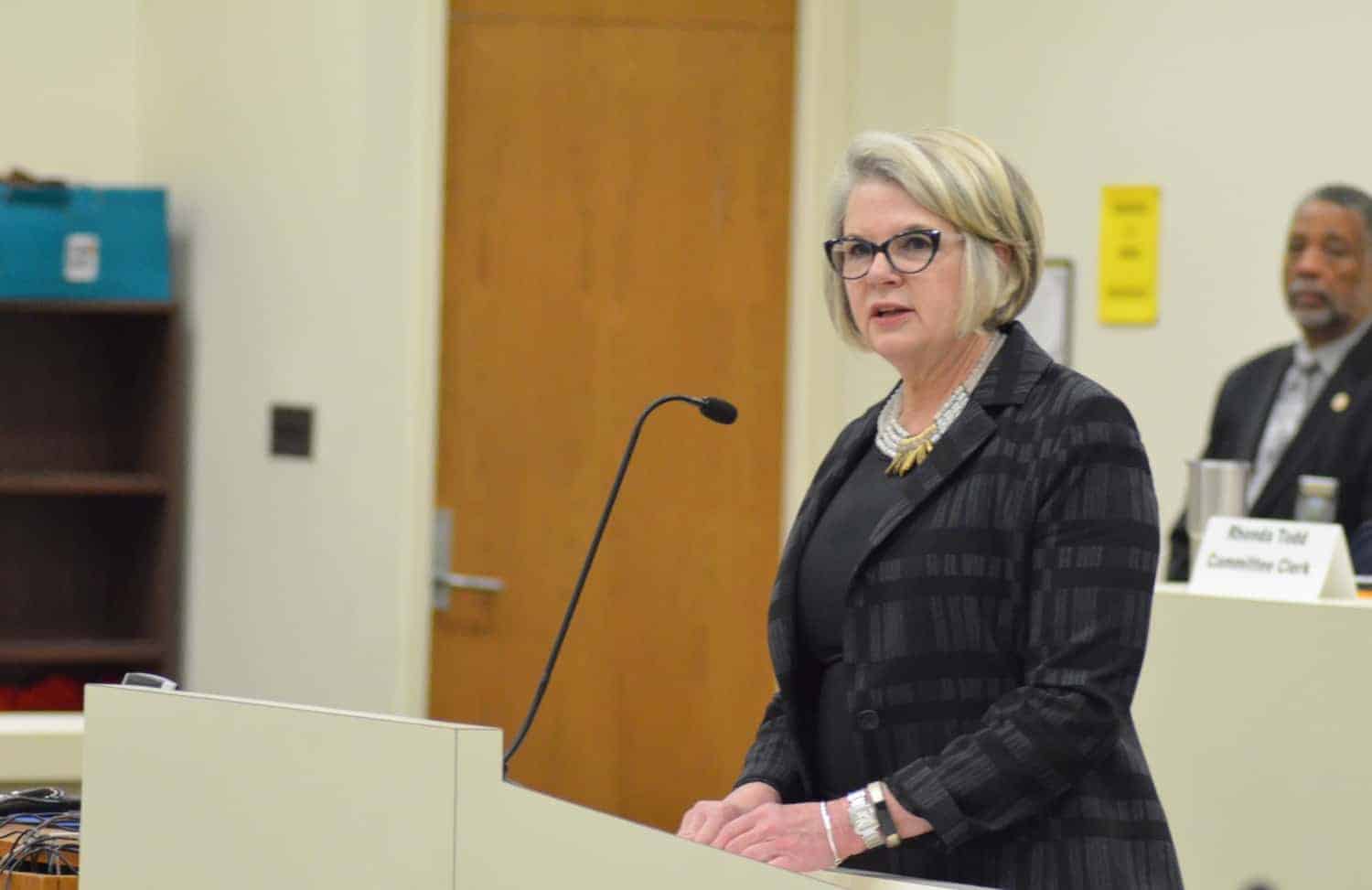Commencement season
Commencement Season has come to a close, with more than 35,000 students walking across the stage in the first few weeks of May, bringing our total number of 2017-18 graduates to nearly 54,000.
I had the opportunity to speak to a few of those graduates at Elizabeth City State University and again to graduates at Forsyth Technical Community College. As I told them, the future of our state and nation, the tenor and quality of our public discourse, and the integrity of our democracy all rely on their actions, small and large in the years ahead. So, no pressure.
Across the UNC System, our graduation rate has increased six percentage points since 2011. That means thousands of students who might have fallen short in previous years, are now on-track for a brighter future.
More low-income students are graduating than ever before–20 percent more than in 2011. And our institutions are committed to ambitious goals of further increasing enrollments and completions for rural and low-income students over the next four years.
Read my remarks at Forsyth Tech and ECSU and check out some pictures from commencements across the System.
Legislative short session
The Legislature is officially back in Raleigh for the 2018 Short Session.
You can read about our priorities here, and I encourage you to dive deeper on our top priority, data modernization, in an op-ed I wrote with our Board of Governors Vice-Chair Harry Smith in the News and Observer last week.
Last year, the Legislature passed a two-year budget, which was the UNC System’s strongest in a decade. As we enter the budget’s second year, we’re grateful for that strong foundation and have a relatively modest agenda as the General Assembly reconvenes.
Here’s a look at our top issues:
-
Talent Retention: Our universities are only as good as the faculty and staff who drive them forward. Funding for our recruitment and retention fund, our successful targeted research initiative, and flexibility and equity for staff compensation form the core of our budget ask. Our faculty and staff are world-class, and we need the resources to keep them.
-
Student Success: Getting more students the education they want and the degrees they need is our guiding star. To do so, our new Student Success Innovation Lab will pilot promising ideas at institutions and commission rigorous third-party research to find out what works so we can scale up what’s proven effective.
And with the help of the Legislature, two piloted programs that we already know work — summer grants for students who need just a few extra credits to stay on track, and digital courseware to give faculty real-time feedback on their classes — will be scaled up across the System.
-
Data Modernization: But underneath it all is a key question: how well do we run the institution? At a time when big data approaches are helping everyone from accountants to doctors to social workers, how is it helping our faculty and students? The short answer is, “not nearly as much as it should.” So, we’re grateful for the Legislature’s support to reform and improve our data systems so they can give our faculty and our leaders the information they need to take their work to the next level.
Meetings don’t stop
Despite school being out for the majority — but far from all — of our students, activity continues at the System Office.
This week is the May Board of Governors meeting, complete with new leadership elections, a robust policy discussion on technology and digital education, the roll out of the UNC System’s new institutional data dashboards, and a host of other items.
In June, we’ll hold our final State of the University Address in the Triangle, and I’m looking forward to a program that includes Chancellors Folt, Roberts, Robinson, and Woodson at our seventh and final tour stop. I encourage you to join us for the event at SAS. You can register here.
And in mid-June, we’ll be back at SAS for the myFutureNC Commission meeting, taking another step towards establishing a statewide educational attainment goal. The commission’s listening sessions across the state this spring have been a great success.
I encourage you to read op-eds by commission members, including Dan Gerlach in the Daily Reflector on a collaborative statewide approach to education and Sandhills Community College President John Dempsey and Hoke County Superintendent Freddie Williamson on Early Childhood Education in the Pilot.
In particular, I’m looking forward to welcoming Peter Hans as the new president of the North Carolina Community College Systemto the myFutureNC commission, following his appointment earlier this month. Peter’s a leader with vision and passion, and I applaud the NCCCS Board’s foresight in choosing him to helm our 58 community colleges.
As always, reach out with any questions or suggestions at president@northcarolina.edu.



